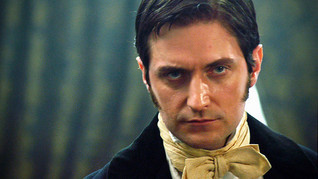What do you think?
Rate this book


Audiobook
First published January 1, 1748
…for what, thinkest thou, have I taken all the pains I have taken, and engaged so many persons in my cause, but to avoid the necessity of violent compulsion? But yet, imaginest thou that I expect direct consent from such a lover of forms as this lady is known to be?
whose property, I pray thee, shall I invade, if I pursue my schemes of love and vengeance?—Have not those who have a right in her, renounced that right?
Nothing but the law stands in our way, upon that account; and the opinion of what a modest woman will suffer, rather than become a viva voce accuser, lessens much an honest fellow's apprehensions on that score.
But there must be bear and forbear, methinks some wise body will tell me: but why must I be teazed into a state where that must be necessarily the case; when now I can do as I please, and wish only to be let alone to do as best pleases me? And what, in effect, does my mother say? ‘Anna Howe, you now do everything that pleases you: now you have nobody to control you: you go and you come; you dress and you undress; you rise and you go to rest; just as you think best: but you must be happier still, child!—’
As how, madam?
‘Why, you must marry, my dear, and have none of these options; but in everything do as your husband commands you.’
This is very hard, you will own, sir, for such a one as me to think of.
To Miss Howe: send help!
I've been ravished in Book Six
with three more to go



 https://www.youtube.com/watch?v=Je9l5...
https://www.youtube.com/watch?v=Je9l5...